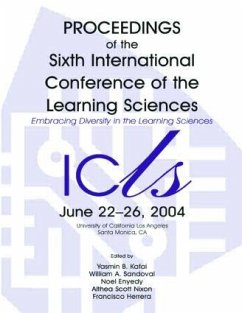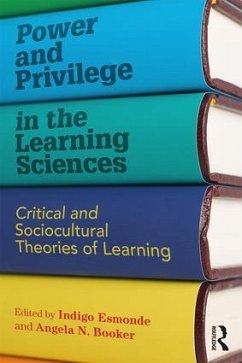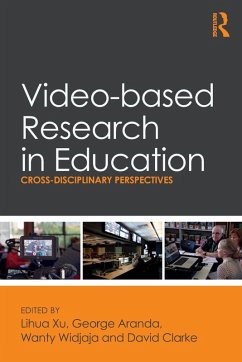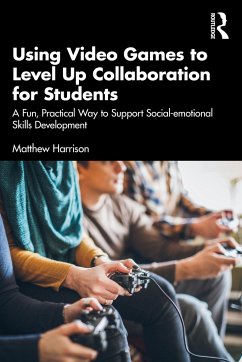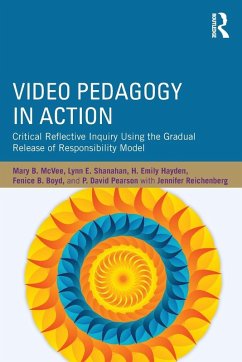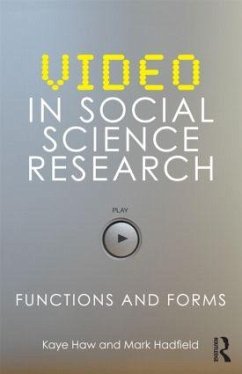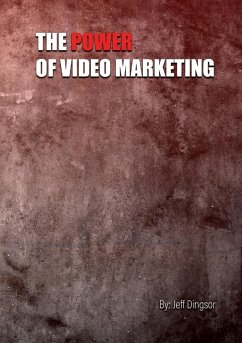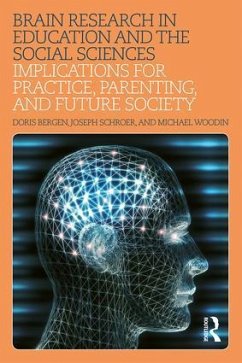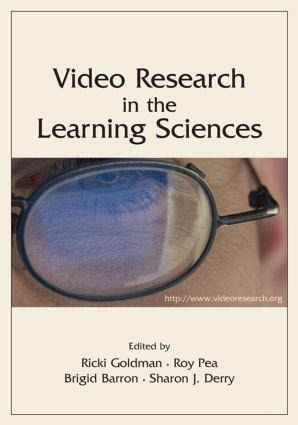
Video Research in the Learning Sciences
Versandkostenfrei!
Versandfertig in 1-2 Wochen
91,99 €
inkl. MwSt.
Weitere Ausgaben:

PAYBACK Punkte
46 °P sammeln!
Video Research in the Learning Sciences is a comprehensive exploration of key theoretical, methodological, and technological advances in uses of digital video-as-data in the learning sciences as a way of knowing about learning, teaching, and educational processes. It is designed around four themes: theoretical frameworks for video research; video research on peer, family, and informal learning; video research on classroom and teacher learning; and video collaborations and technological futures. This volume is intended for researchers, university faculty, teacher educators, and graduate student...
Video Research in the Learning Sciences is a comprehensive exploration of key theoretical, methodological, and technological advances in uses of digital video-as-data in the learning sciences as a way of knowing about learning, teaching, and educational processes. It is designed around four themes: theoretical frameworks for video research; video research on peer, family, and informal learning; video research on classroom and teacher learning; and video collaborations and technological futures. This volume is intended for researchers, university faculty, teacher educators, and graduate students in education, and for anyone interested in how knowledge is expanded using video-based technologies. Visit the website affiliated with this book: http://www.videoresearch.org





